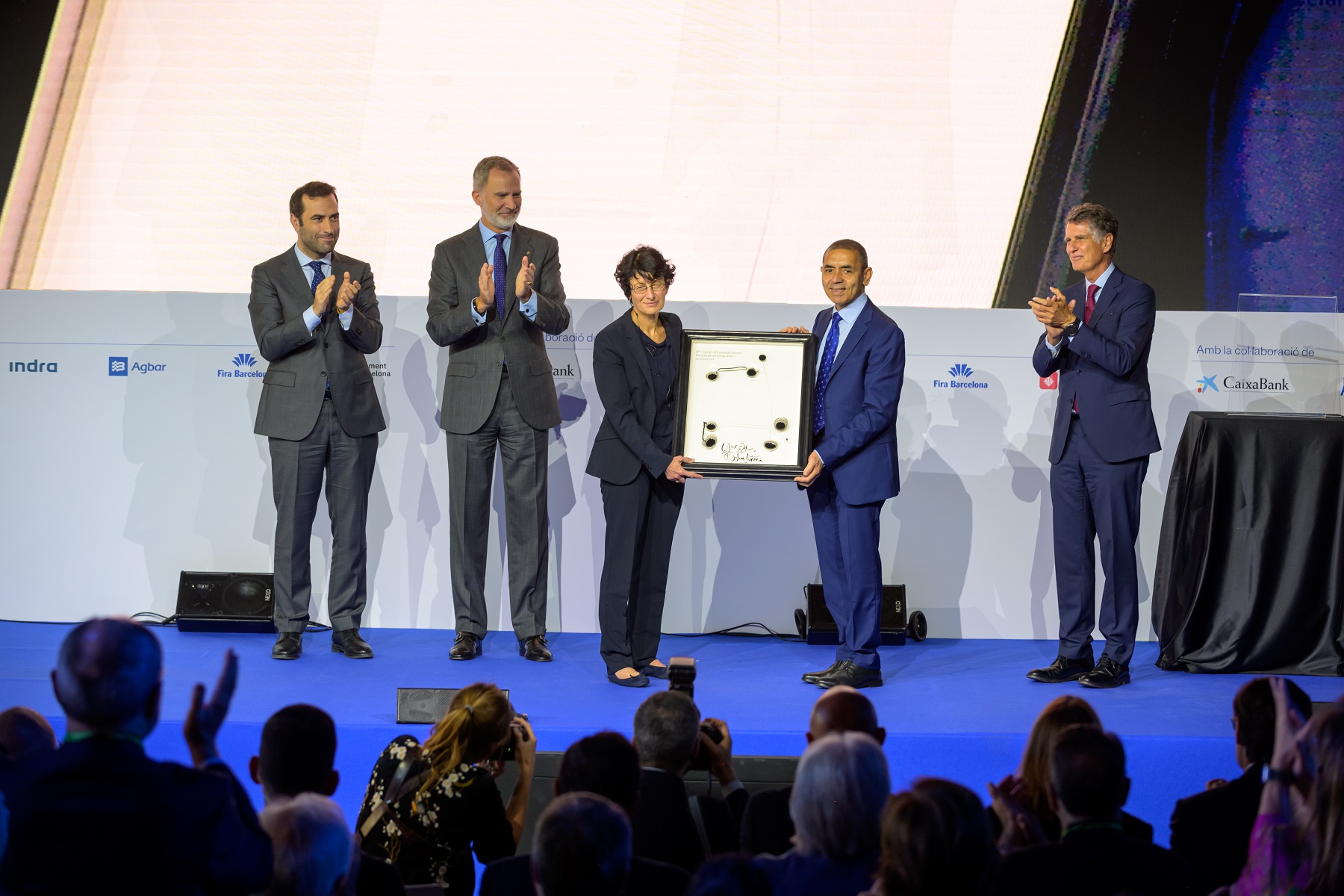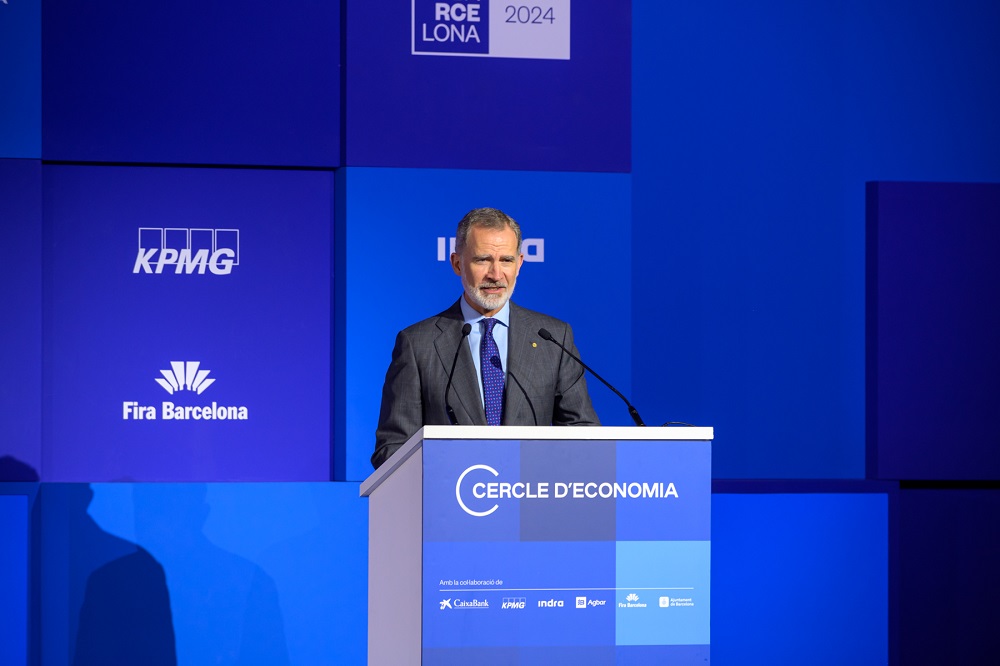Andreu Mas-Colell, president of the Barcelona Institute of Science and Technology, highlighted the 2024 European Integration Award granted by Cercle d'Economia to professors Uğur Şahin and Özlem Türeci, founders of BioNTech, recognized for their pioneering research in immunology and for rapidly developing the vaccine against covid-19 using RNA techniques. Specifically, he highlighted the speed and success of his project, called Light Speed Projects.
The award, now in its fourth edition, was previously awarded to political figures such as Mario Draghi and Ursula von der Leyen and, this year, awarding it to the two professors exemplifies that in addition to politics, "Europe needs to strengthen its commitment to science and entrepreneurship to move forward". The laureates have exemplified these European principles through their passion for healing and their ability to transform fundamental research into practical applications. To make a quick and meaningful impact, financial resources from public grants and philanthropy are not enough, so they decided to start a company. Following the success of their previous company, Ganymed, they founded BioNTech in 2008, which allowed them to develop the vaccine quickly when the pandemic hit in 2020 and make BioNTech "a pride for European science".

In her acceptance speech, Özlem Türeci was honoured to receive the European Construction Award together with Uğur Şahin, and highlighted three key missions: to translate science into solutions for global health crises, to strengthen the scientific research ecosystem in Europe and to inspire the next generation of European scientists. Türeci and Şahin expressed pride in joining a list of influential individuals and in having received the award in Spain, "a country with a strong historical leadership in European integration", and specifically in Barcelona, "a city that exemplifies regional identity and innovation within the European framework".
The two winners defined themselves as passionate about putting science and technology at the service of humanity, through their personal vision of translating science into survival, health and care for patients, which has made them "wanderers between three worlds": doctors, scientists and entrepreneurs.
Türeci and Şahin have been immersed in the European innovation ecosystem for three decades, being beneficiaries of European research programs until founding a biotechnology company in Germany in the form of Societas Europaea. In January 2020, with the blow of the pandemic, they felt a moral obligation to use their knowledge and technology to respond to the global crisis. And they highlighted the importance of alliances and collaboration between different stakeholders, regardless of nationality, race, ethnicity and geography, especially European transnational alliances for productivity and sustainability in human well-being.
In her speech, Özlem invited everyone to strive to build a future Europe worthy of the European legacy and of a humble responsibility towards the world. Şahin, for his part, urged to look to the future with hope and responsibility, beyond the successes in the development of the vaccine against covid-19. Both were convinced that a future is possible where advanced diseases such as cancer and infectious diseases such as tuberculosis and malaria can be eradicated, and where neurodegenerative diseases such as Alzheimer's and Parkinson's can be foreseen.
In this regard, Uğur Şahin wanted to highlight the potential of artificial intelligence and nanotechnology to revolutionise personalised medicine. However, he also warned about the need to manage these advances responsibly, preventing them from widening the gap between social classes. He supported policies that promote equity in global health and make lifesaving technologies accessible to all, regardless of geographic and economic location. In addition, he emphasized the importance of working on the ethical dimensions of artificial intelligence.
The laureate concluded that we are at a crucial moment in history, where our decisions will determine future coexistence with intelligent machines. For this reason, he advocated for a future where innovation is accompanied by awareness and where technology advances together with humanity, ensuring that future generations have a better and more optimistic world.

For his part, His Majesty the King stressed in his speech the importance of the commitment to European construction, highlighting the role of the Cercle d'Economia in this process. He acknowledged the contribution of Uğur Şahin and Özlem Türesi in the development of the covid vaccine, as well as the role of European collaboration in achieving this success. He also highlighted the need for greater European integration to address current and future challenges, from the climate crisis to digitalisation and artificial intelligence. Finally, His Majesty the King wanted to underline the importance of solidarity and cooperation for the future of Europe, congratulating the team of scientists and the Cercle d'Economia for their commitment to building a more prosperous and united future.